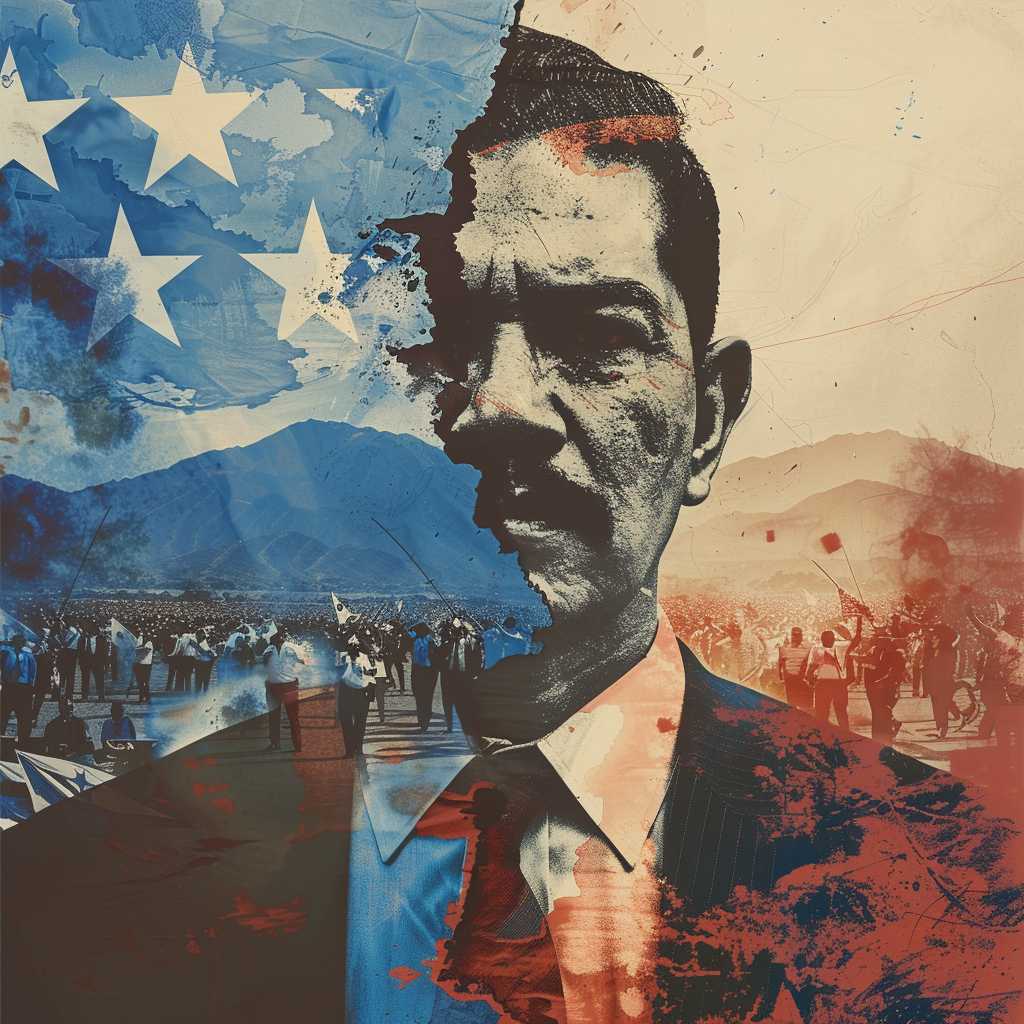### The Rise and Fall of Juan Orlando Hernandez in Honduras Politics
Juan Orlando Hernandez, often known by his initials JOH, is a Honduran politician who has been at the crux of significant political events in Honduras. His tenure as president has been marked by controversy, including allegations of corruption, ties to drug trafficking, and autocratic tendencies, leading to widespread protests throughout the nation. This article aims to untangle Hernandez’s political trajectory, exploring his rise to power, his presidential terms, the challenges and controversies faced under his presidency, and the implications of his eventual downfall.
Early Political Career and Ascent to Power
Juan Orlando Hernandez started his political journey when he became involved with the National Party of Honduras in his early years. Adept at manoeuvring within the political system, Hernandez climbed the party ranks, harnessing a reputation as a capable and ambitious leader. He served as the president of the Honduran National Congress from 2010 to 2014, a period during which he gained significant influence within the country’s legislative branch.
Presidential Tenure and Policies
In November 2013, Juan Orlando Hernandez won the presidential election amidst a backdrop of social unrest and economic instability. Seizing this political opportunity, JOH positioned himself as a strongman willing to tackle Honduras’ problems head-on, using whatever means necessary. His administration pushed through several significant policy initiatives, including a militarized approach to drug trafficking and gang violence that attracted both domestic acclaim for reducing crime rates and international criticism for alleged human rights abuses.
Under Hernandez’s leadership, Honduras also sought to improve its infrastructure and attract foreign investment through liberal economic policies. These efforts aimed to revitalize the economy which, for years, had been burdened by poverty and unemployment.
Controversies Surrounding Electoral Re-election
Tensions escalated with the contested 2017 reelection campaign. The 1982 Honduran Constitution prohibited presidential re-election but in a contentious ruling in 2015, the Supreme Court lifted these restrictions. Critics viewed this judicial action as influenced by Hernandez’s party to secure control over different branches of government. The 2017 elections were fraught with issues: delayed vote counts, accusations of voter fraud, and widespread protests led by opposition parties condemned what they saw as an unconstitutional power grab.
Allegations of Corruption and Criminal Ties
Throughout his presidency, allegations of corruption swirled around Hernandez and members of his government. The numerous accusations hinted at systemic issues within the Honduran government apparatus. However, it was the links made by U.S. prosecutors between Hernandez and drug traffickers that most severely tainted his presidency. Although Hernandez repeatedly denied any wrongdoing, he was implicated in several high-profile narcotics cases, raising questions about the integrity of Honduran leadership on the international stage.
Response to Challenges and Unrest
The combination of high-profile corruption accusations and contested elections sparked major demonstrations throughout Honduras. The government’s response often toggled between attempts at peaceful dialogue to suppressive tactics meted out by security forces. Human rights organizations alleged disproportionate use force and violations committed against demonstrators as cause for concern.
Final Months in Office
His presidency’s twilight was overshadowed by increasing international condemnation and mounting domestic discontent. Questions also surrounded what would happen as American authorities ramped up their investigations into criminal activities with potential ties to Hernandez.
Post-Presidential Fate
After leaving office, Juan Orlando Hernandez found himself embroiled in investigations that could potentially lead to extradition proceedings based on charges from other nations. While JOH maintained that consequence had been politically motivated by adversaries both internal and external.
Notes
Image Description: A portrait image of Juan Orlando Hernandez overlaid on a swathed background featuring the flag of Honduras on one side and a representation of public protests on the other side signifies the tumultuous duality of his rule: marked patriotism versus intense internal discord.
